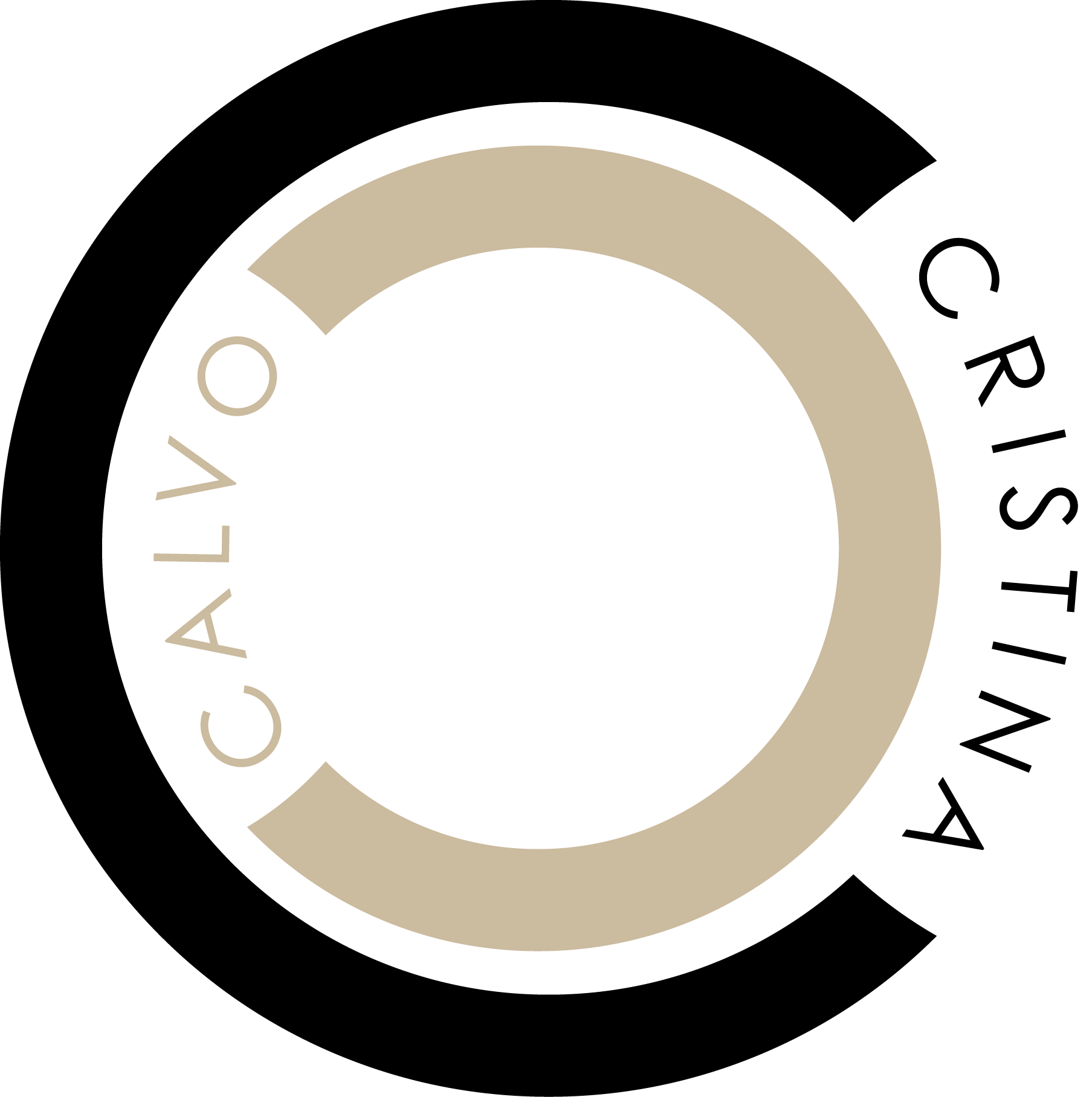The goal of scientific disciplines is to make any difference. Yet used, the connection between scientific homework and actual impact may be tenuous. For instance , when researchers discover a fresh health hazard, they are often pressured to suppress or misinterpret the results of their work. All who have vested hobbies in the status quo also are more likely to undermine and challenge homework that threatens their own desired views of reality. For instance , the bacteria theory of disease was initially a debatable idea between medical practitioners, however the evidence is complicated. Similarly, researchers who report findings that turmoil with a particular business or political fascination can experience unreasonable critique or even censorship from the controlled community [2].
In his recent essay or dissertation, Daniel Sarewitz calls for a finish to the “mystification” of scientific research and its unimpeachable seat at the top of society’s cultural structure. Instead, he argues, we must shift technology to be narrower upon solving functional problems that directly affect people’s lives. He shows that this will help to relieve the number of clinical findings which have been deemed untrustworthy, inconclusive, or just plain wrong.
In his publication, The Science of Liberty, Broadbent writes mpgpress.com/how-to-secure-your-business-transactions-with-vdr-for-mergers-and-acquisitions/ that it is essential for all visitors to have a grasp on the process by which scientific discipline works to allow them to engage in vital thinking about the information and effects of different viewpoints. This includes finding out how to recognize every time a piece of scientific discipline has been above or underinterpreted and steering clear of the attraction to judge a manuscript simply by impractical standards.


